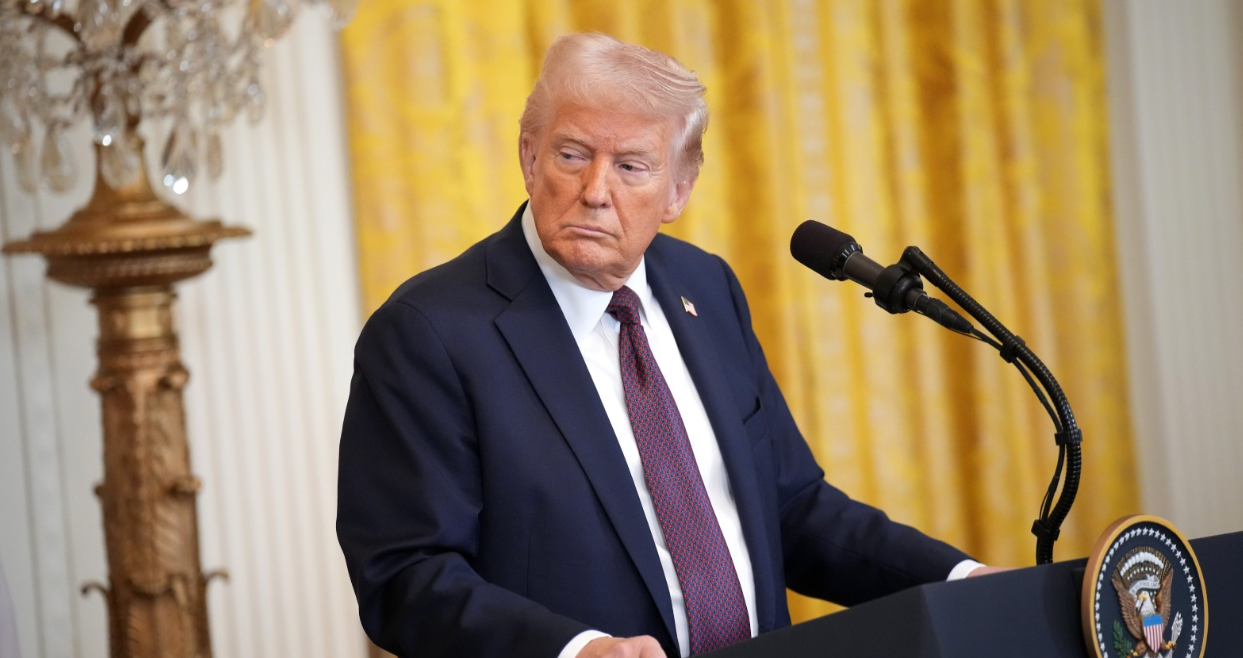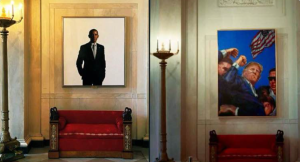In a significant policy update that has implications for global trade and the technology sector, President Donald Trump’s administration has published a list of tech products exempt from the ‘Liberation Day’ tariffs. This list notably includes smartphones, laptops, and a number of other key components critical to modern electronics manufacturing. The move comes amid ongoing tensions in the global trade war, as the United States and China continue to impose and counter-impose tariffs with wide-ranging economic effects.
I. Background: The Emergence of ‘Liberation Day’ and Its Impact on Trade
On April 2, President Trump designated a date as “Liberation Day” and simultaneously announced the imposition of significant tariffs on a host of imported goods. This policy move was part of a broader strategy to address perceived imbalances in global trade and to protect American industries from what Trump’s administration views as unfair trade practices. In addition to the initial tariffs, the policy introduced additional reciprocal measures, particularly targeting China and the European Union.
This dramatic shift in trade policy was intended to safeguard domestic industries by leveling the playing field against foreign competitors. However, the tariffs also stirred concerns across several sectors—including technology—where many products depend heavily on international supply chains and manufacturing partnerships.
Earlier in the week, President Trump had also announced a temporary pause on tariffs for some countries, while concurrently taking the controversial step of hiking tariffs on Chinese imports to as high as 145 percent. In retaliation, China swiftly raised its own import tariffs on U.S. goods to 125 percent on April 11, highlighting the tit-for-tat nature of the current trade conflict.
II. The New Exemption List: A Closer Look at the Details
The recent update comes from the U.S. Customs and Border Protection (CBP) agency, which released new guidance outlining which technology products are exempt from the ‘Liberation Day’ tariffs. The updated exemption list is of particular interest to tech companies and consumers alike.
A. Key Exempted Items
Among the products included in the new guidance are:
-
Smartphones: Modern communication devices that rely on complex global supply chains.
-
Laptops: Essential personal computing devices used across both professional and personal domains.
-
Solar Cells: Components critical to the rapidly growing renewable energy sector.
-
Flat Panel TV Displays: High-definition screens used in a variety of consumer electronics.
-
Memory Sticks and Memory Cards: Portable storage devices that are crucial for data management in numerous digital products.
-
Semiconductors: The foundation of modern electronic devices, playing a pivotal role in everything from smartphones to automobiles.
-
Solid-State Drives (SSDs): High-performance storage solutions that have become indispensable in today’s computing environment.
These exemptions were designed with the technology sector in mind, as many leading manufacturers—such as Apple—rely extensively on production facilities in China. Reports indicate that Apple sources roughly 80 percent of its products and 90 percent of its iPhones from Chinese manufacturers. The exemptions, therefore, represent a crucial development for companies that could face increased costs and production delays if their products fell under the tariff regime.
B. Rationale Behind the Exemptions
By removing tariffs on these key tech products, the Trump administration is aiming to mitigate the risk of significant price increases that would inevitably be passed on to consumers. Analysts had raised alarms that tariffs imposed on smartphones, in particular, could boost prices by as much as £300 or more. The inclusion of items like smartphones and laptops in the exemption list is seen as an effort to ease these concerns and maintain the competitiveness of U.S. technology companies in the global market.
III. Industry and Analyst Reactions: Potential Impacts on Pricing
The tariff debate has sparked extensive discussion among industry analysts, who warn that the costs of trade policy shifts could have direct implications for consumer prices.
A. Concerns Over Consumer Price Increases
Harry Mills, Director at Oku Markets, has expressed concern that increased production costs will eventually translate into higher retail prices. Mills told Sky News that “consumers can surely expect a feedthrough straight to prices.” This sentiment was echoed by others who fear that without the exemptions, the cost of essential technology products—especially flagship items such as the iPhone—could see a marked increase.
Prem Raja, Head of the Trading Floor at Currencies 4 You, cautioned that the tariffs could “significantly impact iPhone pricing globally.” Raja suggested that if Apple chooses to pass on the additional cost burden, the price of top-tier models like the iPhone 16 Pro Max could potentially surge by up to 43 percent, pushing its price to nearly $2,300 in some markets.
B. The Broader Implications for Technology and Supply Chains
For technology companies that rely on streamlined, global supply chains, the imposition of broad tariffs poses not only a pricing challenge but also a threat to operational efficiency. The manufacturing processes for advanced electronic devices are intricately linked between nations, particularly between the U.S. and China. Any disruption or additional cost introduced by tariffs can have ripple effects throughout the entire production cycle. This is one reason why the exemption list is seen as a necessary corrective measure to avoid crippling the tech sector with prohibitive costs.









